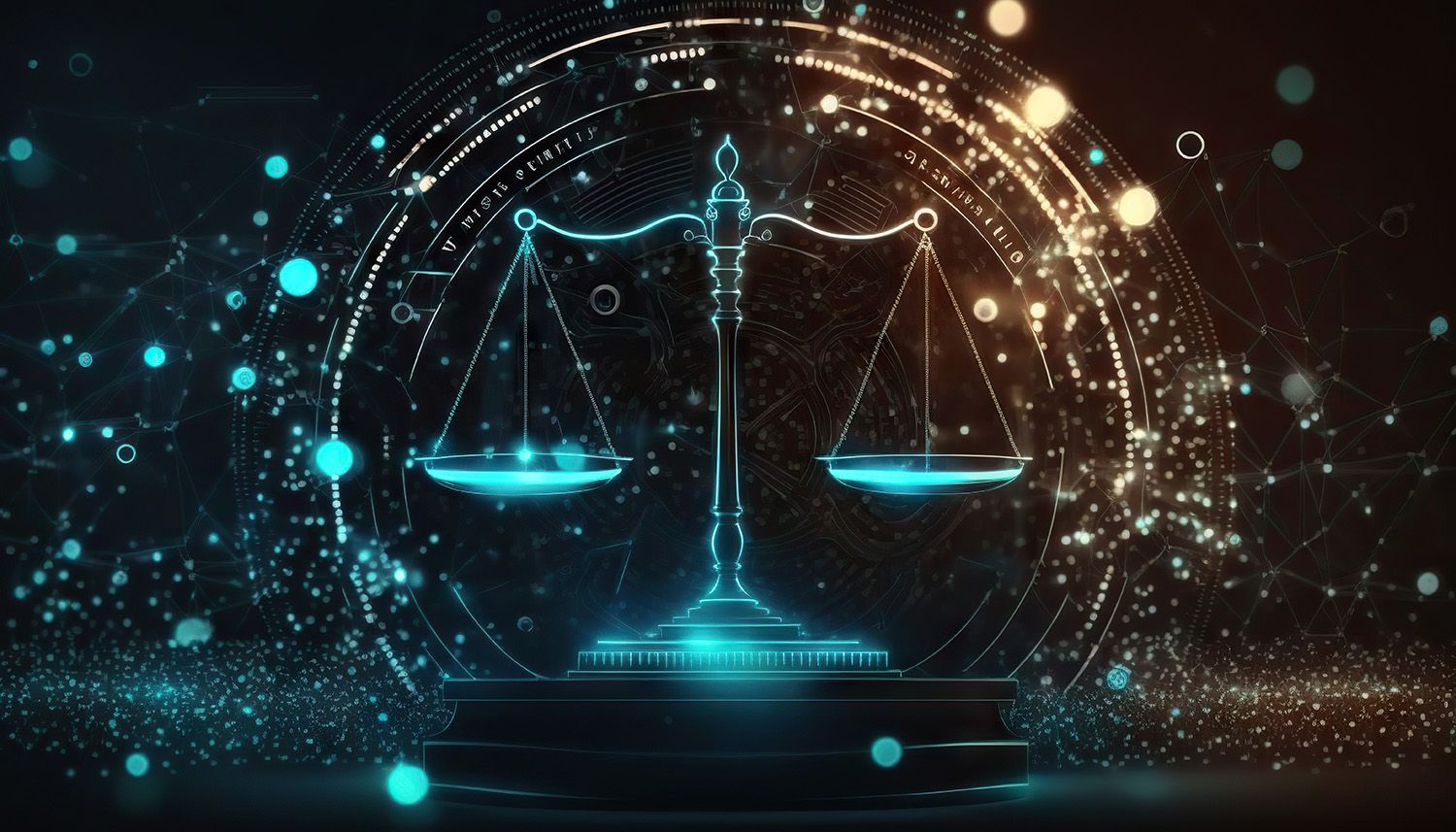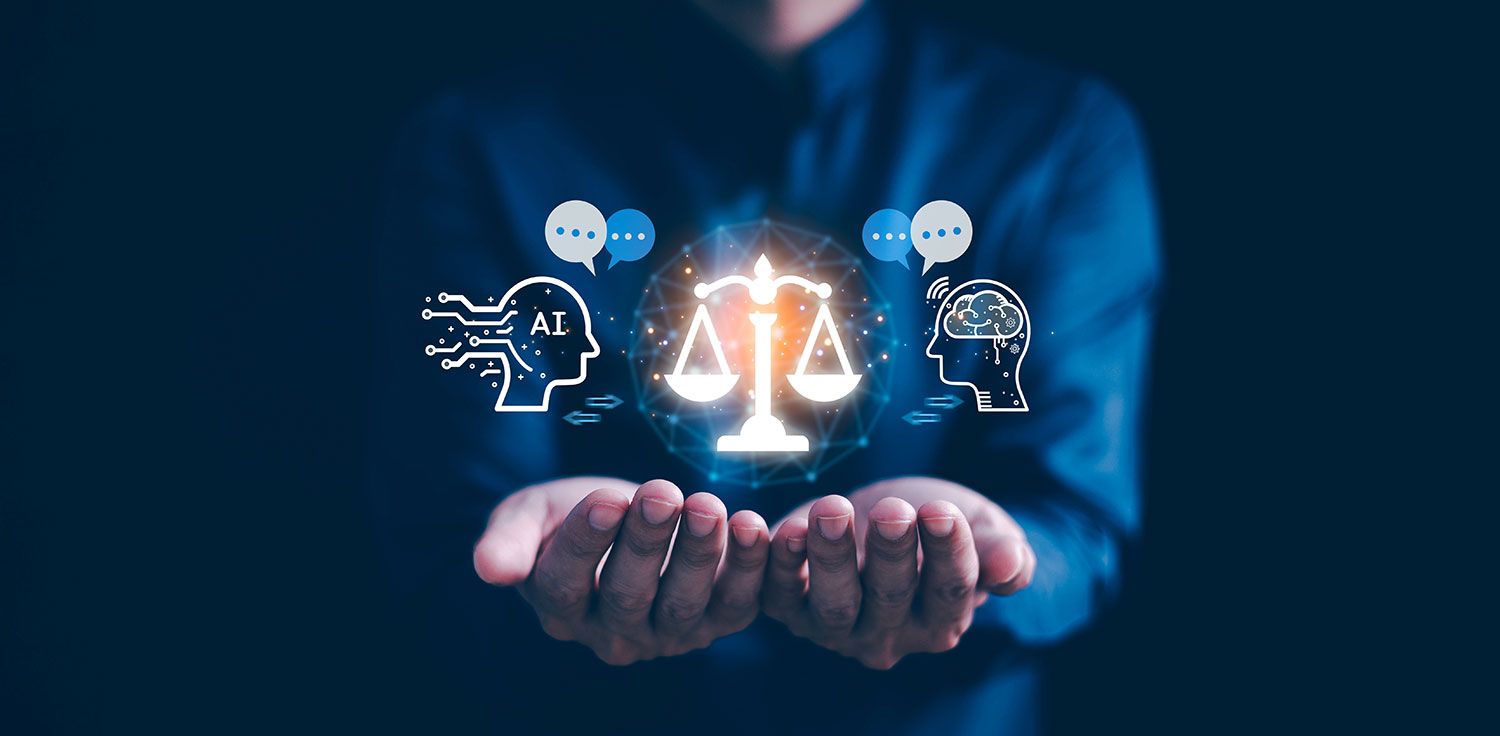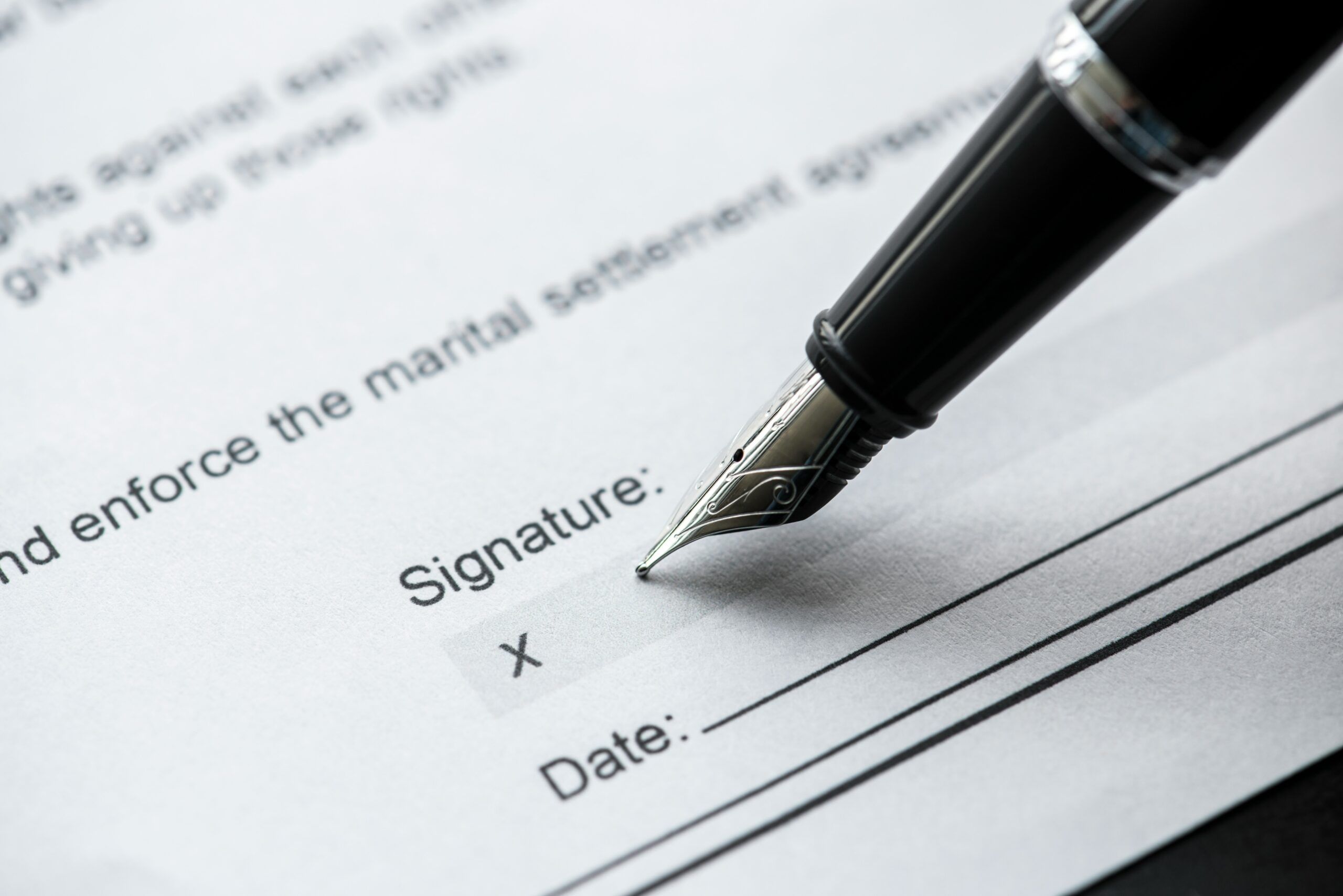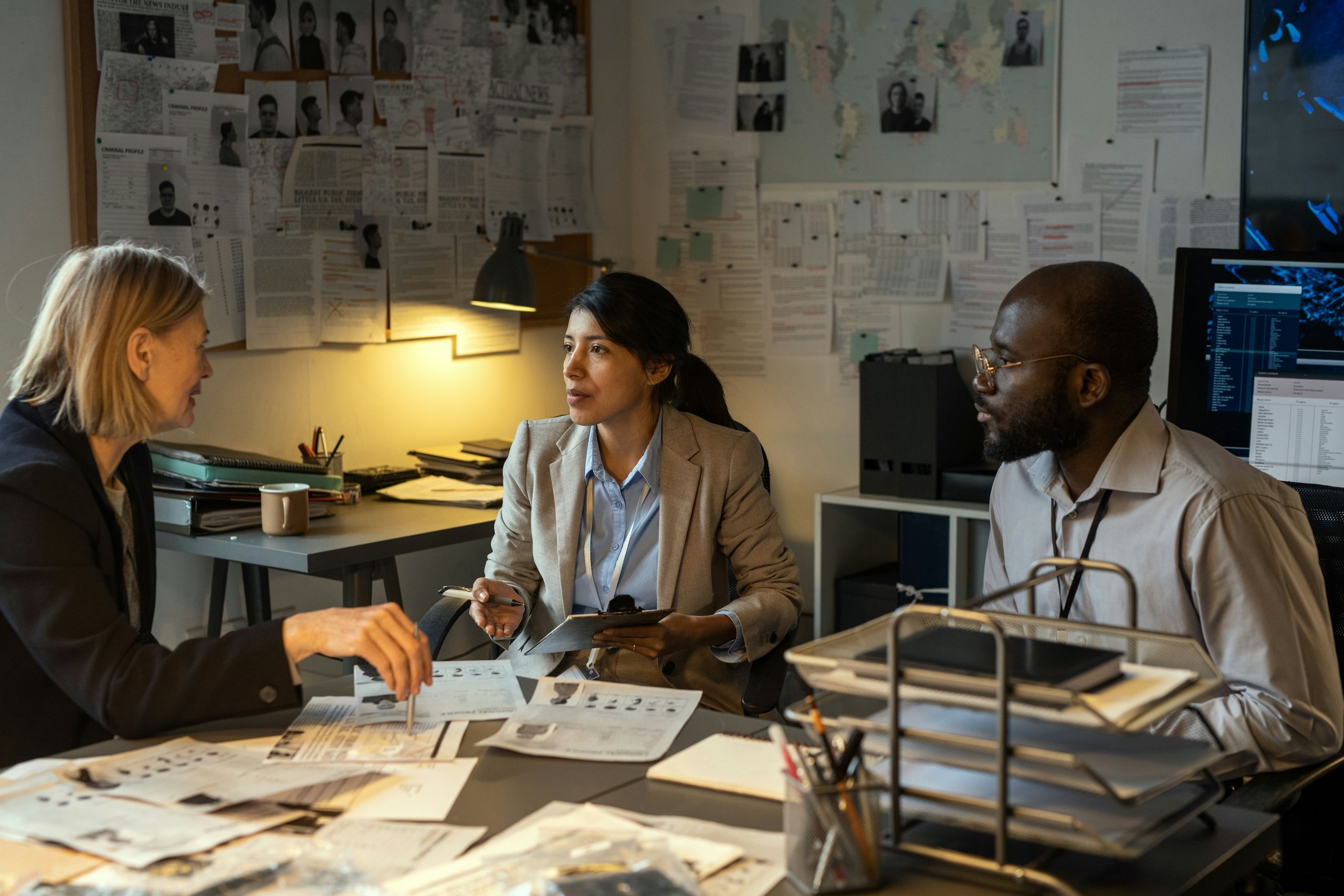Feature Article: Competence in a Changing Profession
Author: Dr. Michael H. Hoeflich
This article is featured in Volume 4, Number 8 of the Legal Ethics and Malpractice Reporter.
As I write this in mid-August, I am surrounded by the tools of the modern lawyer and law professor: two laptops, an iPad, an iPhone, a Wi-Fi hotspot, and a charging hub to keep these devices in working order. I also have the telephone number for the law school IT helpline posted next to my chair. My one non-digital essential, my daily calendar, sits next to me as well—a reminder of what law practice was like when I first became a lawyer more than four decades ago.
I recall vividly the first few months of my entry into the profession of law. I was fortunate to have been hired as an associate by a large Wall Street firm, Cravath. The firm gave fellow associates and me an orientation not only to the firm but also to the practice of law. This was something Yale had not provided. There was no class in legal writing, nor any class in how to practice law. Indeed, the joke was that we had learned how to find obscure cases from the 18th Century English Courts of Equity with remarkable ease, but could not tell you where to file pleadings in a New York City court. There was much truth to this. Law school had trained us to be legal scholars, not lawyers. They measured our competence by how well we handled doctrinal material on our exams. Even the bar examination was a test, not of practice skills, but of doctrine (although the New York portion did ask where one should file an Article 78 proceeding in King’s County). Unfortunately for me, I did not know what an Article 78 proceeding was nor, in fact, where King’s County was. But I still passed the Bar.
I was thinking about these simpler days this month as I hosted a CLE program featuring my brilliant colleagues from KU Law, Pam Keller, and Betsy Brand Six, and Shawn Curran, head of IT at Travers Smith in London. Betsy and Pam face the daunting task of preparing our students for the intricacies of law practice, how to master the art of legal writing and research, and the rapidly changing nature of a profession that moves from integrating one new technology to another seemingly on a monthly basis. Shawn is at the cutting edge of new legal technologies developing such things as AI for law firms. One thing that I heard from all of them is that maintaining competency, as the Rules of Professional Conduct define it, has become a frighteningly difficult task. This sent me on a quest to understand precisely what is expected of us lawyers in terms of competency in a rapidly changing world.
Rule 1.1 of the Model Rules of Professional Conduct states:
A lawyer shall provide competent representation to a client. Competent representation requires the legal knowledge, skill, thoroughness and preparation reasonably necessary for the representation.
The Comments on the Rule expand on what this means:
[1] In determining whether a lawyer employs the requisite knowledge and skill in a particular matter, relevant factors include the relative complexity and specialized nature of the matter, the lawyer’s general experience, the lawyer’s training and experience in the field in question, the preparation and study the lawyer is able to give the matter and whether it is feasible to refer the matter to, or associate or consult with, a lawyer of established competence in the field in question. In many instances, the required proficiency is that of a general practitioner. Expertise in a particular field of law may be required in some circumstances…
[5] Competent handling of a particular matter includes inquiry into and analysis of the factual and legal elements of the problem, and use of methods and procedures meeting the standards of competent practitioners. It also includes adequate preparation. The required attention and preparation are determined in part by what is at stake; major litigation and complex transactions ordinarily require more extensive treatment than matters of lesser complexity and consequence. An agreement between the lawyer and the client regarding the scope of the representation may limit the matters for which the lawyer is responsible…
[8] To maintain the requisite knowledge and skill, a lawyer should keep abreast of changes in the law and its practice, including the benefits and risks associated with relevant technology, engage in continuing study and education and comply with all continuing legal education requirements to which the lawyer is subject.
Kansas Comment 8 to Rule 1.1 and Missouri Comment 6 to Rule 4-1.1 read the same.
Contained in this Rule and the Comments is a huge burden. The burden is untenable if we interpret the language of Comment 8 to mean that lawyers should not only be aware of new technologies but also understand them sufficiently to evaluate their suitability for use in practice and adopt them, if suitable. This broad interpretation then raises a host of questions. For instance, if a new technology will significantly benefit clients, must a lawyer use it? This covers a wide range of new developments, from the use of instantaneous translation devices to the use of sophisticated AI algorithms. Fortunately, my research led me to a thoughtful and well-researched note by Lisa Z. Rosenof, “The Fate of Comment 8: Analyzing a Lawyer’s Ethical Obligations of Technological Competence,” in the 2022 volume of the Cincinnati Law Review.[1] Ms. Rosenof brilliantly analyzes the problem of asking already burdened lawyers to, in effect, become experts in highly technical fields in which they are not trained.
When I became a lawyer, I was expected to know how to write on a yellow legal pad and dictate to a legal secretary. I was not expected to know how to type or use the computers that were just being introduced into law offices. Instead, we had a group of “word processors” who worked on a different floor and handled computer tasks. As for research, I had to know how to use a law library and such traditional tools as legal digests. Our superiors told us that lawyers should do lawyerly tasks and technical staff should do the rest. Of course, that was an attitude closer to the nineteenth than to the twenty-first-century practice of law.
Generally, in this column, I tend to try to explain the Rules and provide guidance as to how to do so and avoid pitfalls. However, after spending the past six months studying AI and its multiplying uses in law practice and elsewhere, I have come increasingly to think that we have reached a professional crisis, a crisis about which Ms. Rosenof warned us over a year ago. Most lawyers will find it impossible to comply with the requirements of Comment 8 as many jurisdictions have currently adopted it and, therefore, will find themselves in ethical peril.
In talking to many AI experts and reading current articles about AI for the past year, it is clear to me that most lawyers will not be able to achieve any true competence in AI technology. It is too complex and changing too rapidly. Even AI specialists admit that there is much that they do not know. The language of AI research is foreign to the typical person, i.e., the meaning of “AI hallucinations.” Already, lawyers are suffering from using AI and the complex ethical issues surrounding this use. In the recent case of Mata v. Avianca Airlines, a judge sanctioned two lawyers for the “misuse” of AI.[2]
I think that we are rapidly reaching a crisis and a collision between what is possible and what is not in lawyer competence in regard to technology. In my opinion, the current requirements are too vague and unrealistically burdensome. This is not a problem that lawyers attending a two-hour CLE session on AI in legal practice will solve. I believe that it is time for the Bar of each state to assess the use of very new and complex technologies in law practice and what can be reasonably asked of members of the Bar. I also think it is time for Supreme Courts to consider what type and amount of technological education should be required in law schools and, perhaps, even tested as part of the bar examination process. This is a situation in which the Bar and the courts must act proactively lest we all find ourselves in a technological and ethical morass.
References:
- Lisa Z. Rosenof, The Fate of Comment 8: Analyzing a Lawyer’s Ethical Obligation of Technological Competence, 90 U. Cin. L. Rev. 1321 (2022), online at: https://scholarship.law.uc.edu/uclr/vol90/iss4/9.
- See https://caselaw.findlaw.com/court/us-dis-crt-sd-new-yor/2335142.html.
READ THE FULL ISSUE OF LEMR, Vol. 4, No. 8
About Joseph, Hollander & Craft LLC
Joseph, Hollander & Craft is a mid-size law firm representing criminal defense, civil defense, personal injury, and family law clients throughout Kansas and Missouri. From our offices in Kansas City, Lawrence, Overland Park, Topeka and Wichita, our team of 25 attorneys covers a lot of ground, both geographically and professionally.
We defend against life-changing criminal prosecutions. We protect children and property in divorce cases. We pursue relief for clients who have suffered catastrophic injuries or the death of a loved one due to the negligence of others. We fight allegations of professional misconduct against medical and legal practitioners, accountants, real estate agents, and others.
When your business, freedom, property, or career is at stake, you want the attorney standing beside you to be skilled, prepared, and relentless — Ready for Anything, come what may. At JHC, we pride ourselves on offering outstanding legal counsel and representation with the personal attention and professionalism our clients deserve. Learn more about our attorneys and their areas of practice, and locate a JHC office near you.












